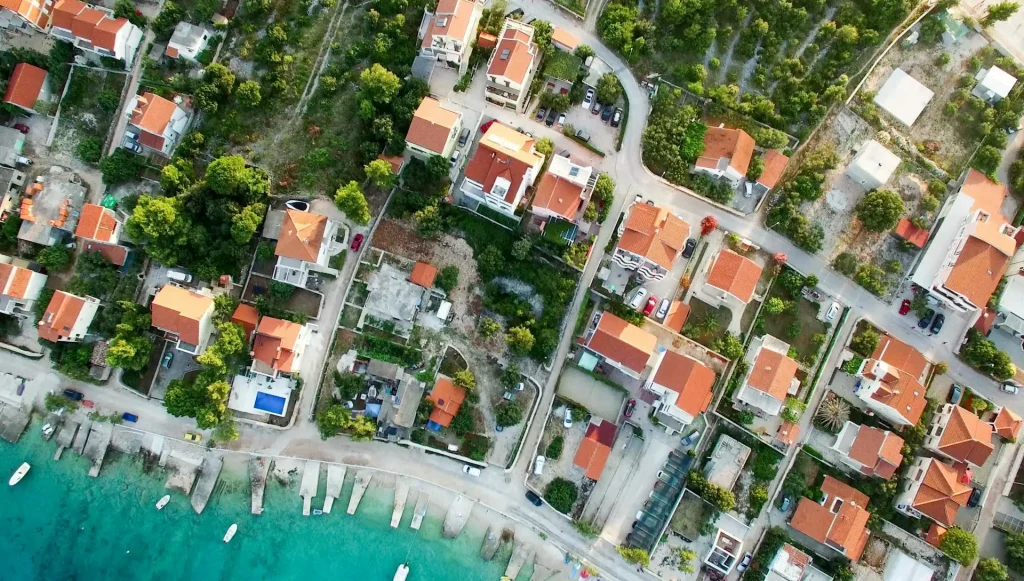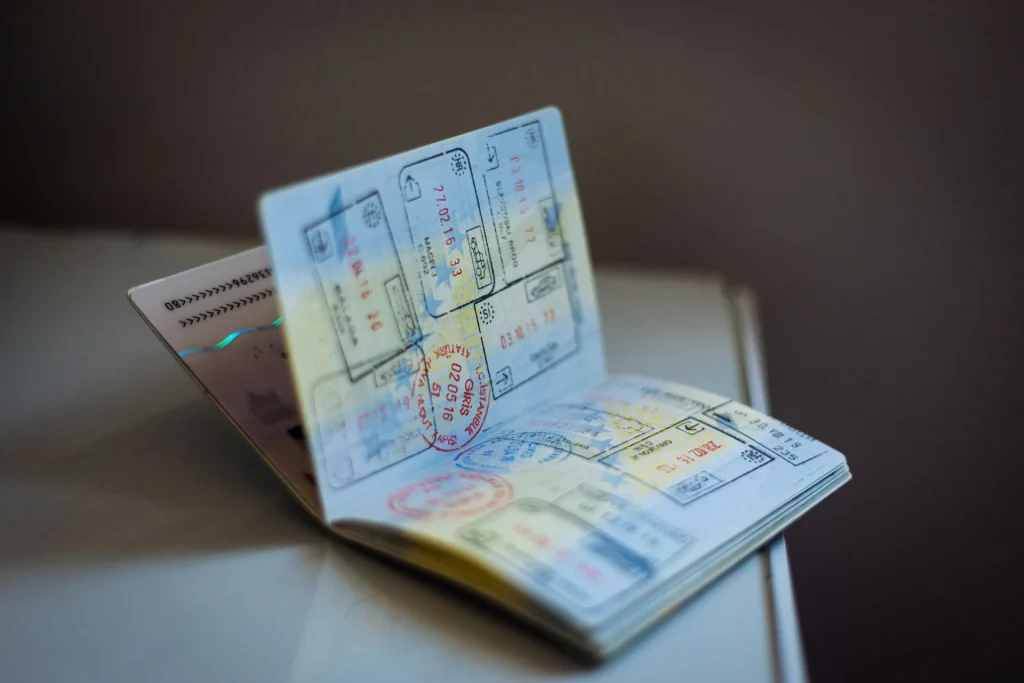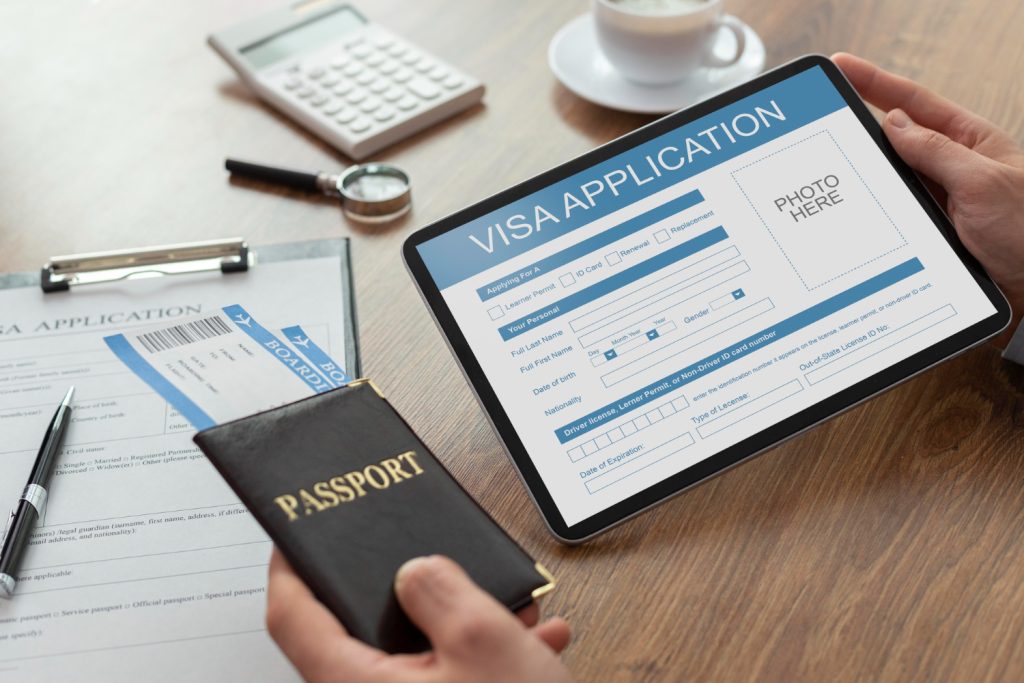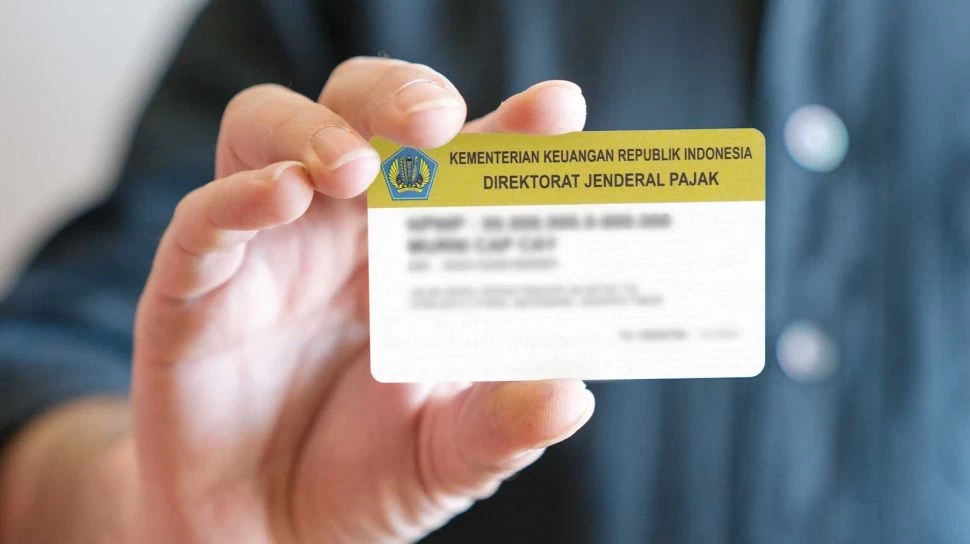Property Ownership by Foreign Nationals in Indonesia: Rules and Procedures for 2025
Indonesia’s property market continues to attract foreign interest, particularly in regions like Bali, Jakarta, and Yogyakarta. However, navigating property ownership as a foreign national requires understanding the legal framework established by Indonesian law. This article provides an updated overview of the regulations governing foreign property ownership in Indonesia as of 2025. 1.Legal Framework for Foreign Property Ownership Under Indonesian law, the state holds ultimate control over land, and full ownership rights (Hak Milik) are reserved exclusively for Indonesian citizens. Foreigners are prohibited from owning land outright. However, several legal avenues allow foreign nationals to acquire property rights: • Hak Pakai (Right to Use): Grants foreigners the right to use land for residential or commercial purposes. This right is typically granted for an initial period of 30 years, extendable for 20 years, and renewable for another 30 years, totaling up to 80 years. To qualify, foreigners must hold a valid Indonesian residency permit (KITAS or KITAP) and meet minimum property value thresholds, which vary by region . • Hak Guna Bangunan (Right to Build): Allows foreigners to construct and own buildings on land. This right is available to foreign-owned companies (PT PMA) and is typically granted for an initial period of 30 years, extendable for 20 years, and renewable for another 30 years, totaling up to 80 years . • Hak Sewa (Right to Lease): Enables foreigners to lease land for a specified period. Lease agreements typically range from 25 to 30 years, with options for extension. There is no legal limit on the number of leasehold properties a foreigner can acquire . • Strata Title (Hak Milik atas Satuan Rumah Susun): Foreigners can own apartment units under a strata title. However, this ownership pertains to the unit itself, not the underlying land, which remains under a master title . 2.Omnibus Law and Its Impact on Foreign Property Ownership The Omnibus Law on Job Creation, enacted in 2020, introduced significant reforms to Indonesia’s legal and regulatory landscape, including provisions related to property ownership. Notably, Government Regulation No. 18 of 2021 (GR 18/2021) amended several aspects of land rights, making it easier for foreigners to own property in the country. Key provisions include: • Foreigners and foreign legal entities can now own apartments and landed houses, provided the property meets certain criteria, such as being located in special economic zones, free trade zones, industrial estates, or other economic zones. Additionally, the property must meet minimum price thresholds, which vary by province . • The introduction of electronic land registration services to encourage digitalization of land certificates throughout Indonesia . 3.Procedures for Acquiring Property The process for acquiring property as a foreign national involves several steps: 1.Determine Eligibility: Ensure compliance with residency requirements (holding a valid KITAS or KITAP) and verify that the property meets the necessary criteria (e.g., location in an eligible zone, minimum price). 2.Engage Legal Assistance: Consult with a notary or legal professional experienced in Indonesian property law to navigate the complexities of the acquisition process. 3.Due Diligence: Conduct thorough due diligence to verify the property’s legal status, including checking land titles, zoning regulations, and any encumbrances. 4.Agreement Drafting: Draft and sign the necessary agreements, such as a leasehold agreement or a sale and purchase agreement, in the presence of a notary. 5.Land Registration: Register the property with the National Land Agency (BPN) to obtain the appropriate land title. 4.Considerations and Risks While foreign property ownership is permissible under certain conditions, it’s essential to be aware of potential risks and challenges: • Legal Complexity: The legal framework governing property ownership can be intricate, and non-compliance with regulations can lead to disputes or loss of property rights. • Cultural Sensitivity: Foreign developments that disregard local customs and environmental standards may face opposition from local communities and authorities. • Market Volatility: The Indonesian property market can be subject to fluctuations, and investments may carry risks related to market demand and economic conditions. Conclusion Foreign nationals interested in acquiring property in Indonesia must navigate a complex legal landscape that includes restrictions on land ownership and specific requirements for property rights. By understanding the available legal avenues and engaging with qualified professionals, foreigners can make informed decisions and mitigate potential risks associated with property investments in Indonesia. For personalized guidance and assistance with property acquisition, it’s advisable to consult with legal experts and real estate professionals familiar with Indonesian property laws and regulations.
Property Ownership by Foreign Nationals in Indonesia: Rules and Procedures for 2025 Read More »










